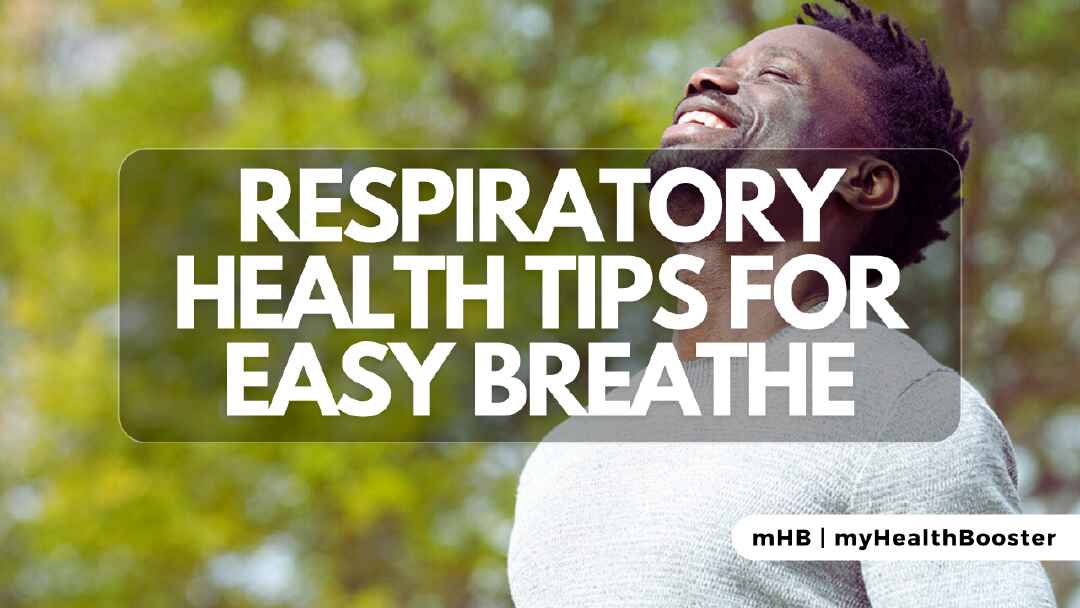Taking a deep breath is something we often take for granted until respiratory issues come into play. As we age, maintaining optimal respiratory health becomes crucial for our overall well-being. In this article, we’ll explore a guide to respiratory health for seniors, covering everything from lifestyle habits to exercises and preventive measures.
The Aging Respiratory System
As we age, the respiratory system undergoes changes that can impact lung function. We’ll delve into the physiological aspects of aging and how they relate to respiratory health, including decreased lung elasticity and changes in respiratory muscle strength.
Lifestyle Habits for Healthy Lungs
a. Quit Smoking: Unquestionably, smoking is one of the most detrimental habits for lung health. We’ll discuss effective strategies for seniors looking to quit smoking and the benefits of doing so.
b. Maintain a Healthy Weight: Explore the connection between obesity and respiratory issues. Practical tips for weight management and its positive impact on lung health will be highlighted.
c. Stay Active: Physical activity plays a key role in maintaining lung function. We’ll provide a range of suitable exercises for seniors, emphasizing their benefits for respiratory health.
Nutrition for Respiratory Wellness
a. Anti-Inflammatory Diet: Explore a diet rich in antioxidants and anti-inflammatory foods that can benefit the respiratory system. Specific nutrients and their sources will be discussed.
b. Hydration: Proper hydration is essential for thinning mucus and easing breathing. We’ll cover the importance of staying hydrated and tips for increasing fluid intake.
Environmental Factors and Respiratory Health
a. Indoor Air Quality: Seniors spend a significant amount of time indoors. Learn about common indoor pollutants and effective measures to improve indoor air quality for better respiratory health.
b. Outdoor Air Quality: Discuss the impact of outdoor pollution on respiratory health and offer practical advice for seniors to protect themselves during outdoor activities.
Respiratory Exercises and Techniques
a. Diaphragmatic Breathing: A step-by-step guide to diaphragmatic breathing exercises, which can enhance lung capacity and respiratory efficiency.
b. Pursed Lip Breathing: Explore the benefits of pursed lip breathing and how it can help manage shortness of breath, a common concern for seniors.
Common Respiratory Issues in Seniors
a. COPD: Understanding Chronic Obstructive Pulmonary Disease, its symptoms, and management strategies.
b. Asthma: Exploring how asthma can manifest in seniors and effective ways to control and prevent symptoms.
When to Seek Professional Help
Highlighting the importance of regular check-ups, early detection of respiratory issues, and knowing when to consult healthcare professionals for respiratory symptoms.
Conclusion
By incorporating these respiratory health tips into your daily routine, you can breathe easy and enjoy an active, fulfilling life in your golden years. Remember, it’s never too late to prioritize your lung health. If you have specific concerns or experience respiratory symptoms, consult with your healthcare provider for personalized advice.
For more in-depth information on respiratory health, feel free to explore our other articles or reach out with your questions. Breathe easy and live well!
